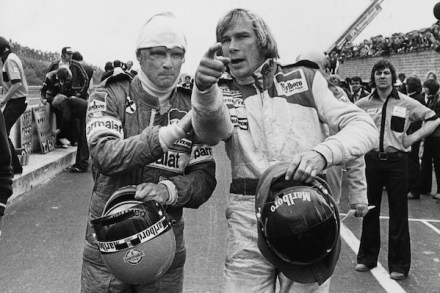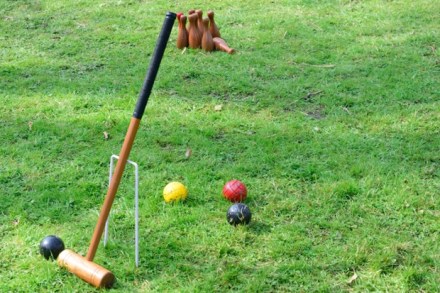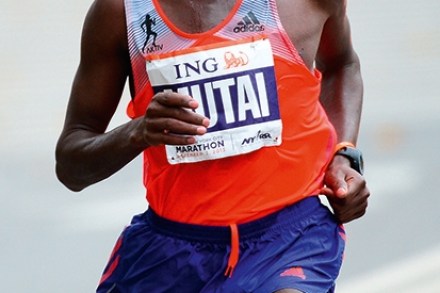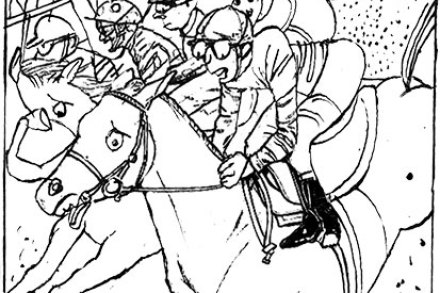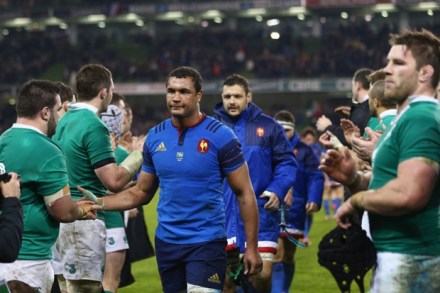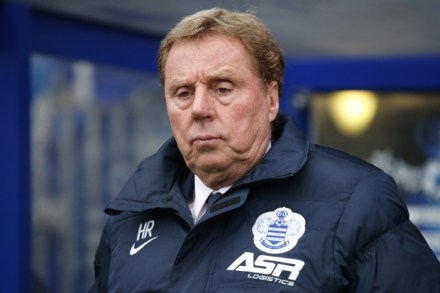Barometer | 30 July 2015
Safe house Lord Sewel is unique in leaving the House of Lords in disgrace. Until the House of Lords Reform Act 2014, only a treason conviction earned you expulsion from the House of Lords, and that only since 1870. At least two peers have been executed for treason, Simon Fraser, 11th Lord Lovat, and William Maxwell, 5th Earl Nithsdale, but both well before this date. — Thanks to the 2014 Act it is now possible to have your Lords membership terminated on two grounds: being jailed for a criminal offence with a sentence of more than one year, or failing to turn up for a whole session. But you cannot

